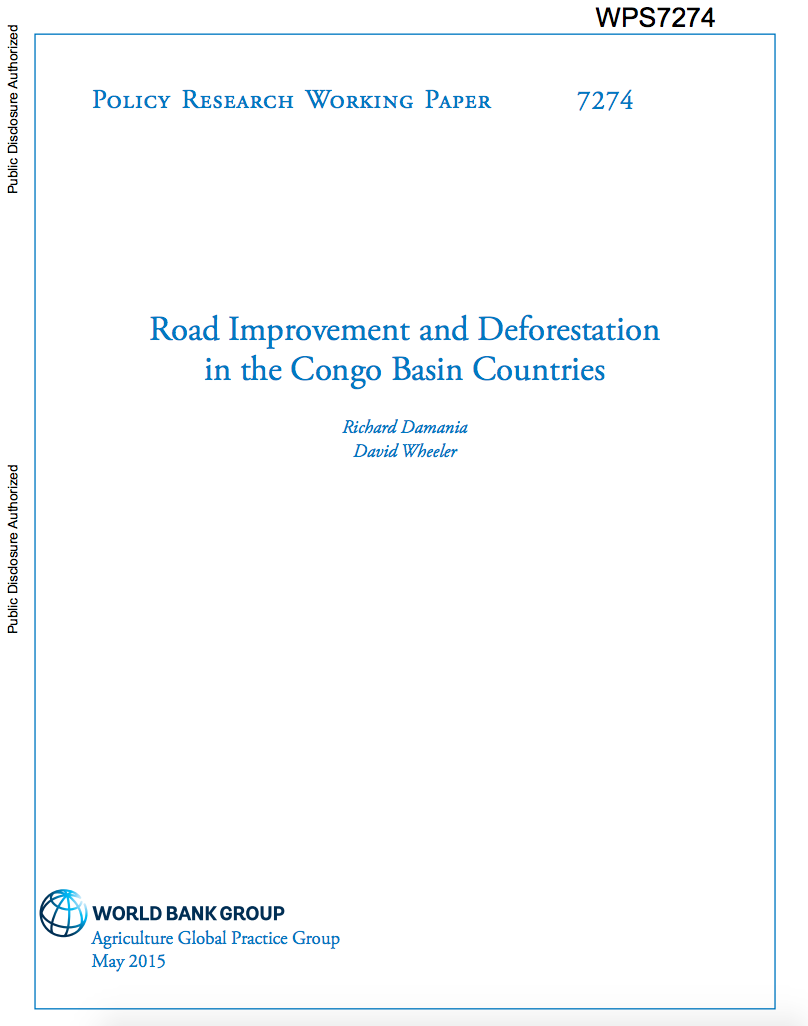Gender Smart Policymaking in Ghana
Women in Ghana face many of the same constraints
to economic participation that affect
millions of women across the continent.
These constraints include large gender gaps
in access to productive inputs, time spent on
domestic chores, and the quality and number
of jobs and other opportunities available. This
is harmful to not only women but also families,
communities, and economies.


